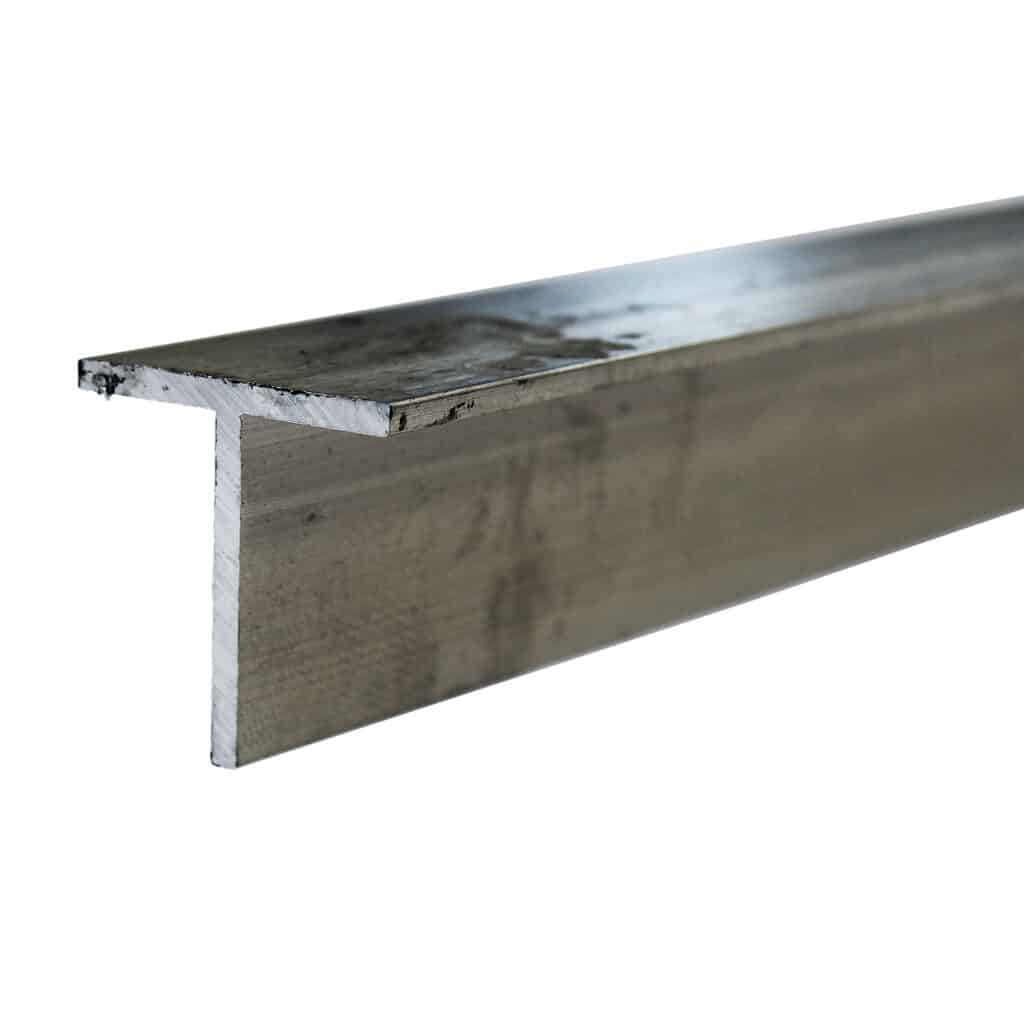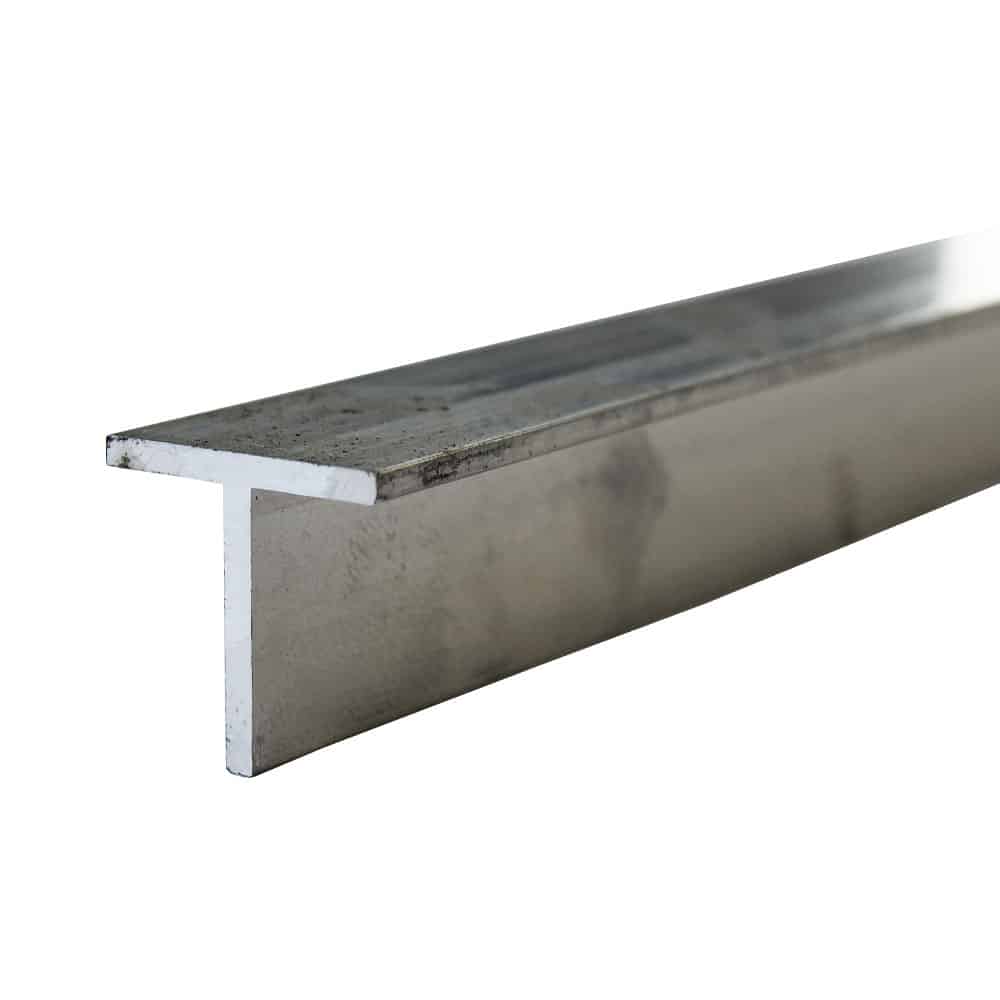- Massive Range
- FREE UK Delivery
- Rapid Dispatch
- Massive Range
- FREE UK Delivery
- Rapid Dispatch
- Massive Range
- FREE UK Delivery
- Rapid Dispatch
£11.99 – £21.49 inc VAT


This website is secured:
✔ Specialists In Rapid Shipments Of Any Size
✔ FREE UK Delivery Included
✔ Immediate Express Dispatch From Stock
✔ Tracked Delivery with Order Updates
✔ 30-Day Returns Accepted
@ ☏ Bespoke Lengths & Larger Quantities Available
Hey there! Are you in need of some sturdy, versatile and cost-effective tubing for your next project? Look no further than Speciality Metals’ ERW round tube in 20mm x 1.5mm mild steel! With various lengths available, this tubing is not only durable and recyclable, but also boasts excellent welding, forming, bending and machining abilities. Whether you’re a seasoned pro or just starting out, this tubing is sure to make your project a success. So why wait? Stock up on this must-have material.

20 x 1.5mm round mild steel ERW tubing is used in many structural and engineering applications. The size refers to the outside diameter and then the thickness of the wall.
ERW means Electric Resistance Welded. ERW tube is made when steel strip is welded to form a tube shape. The tube is continuously seam welded which means that there is a neat weld running along the inside of the tube.
Mild steel round tube is widely used in a variety of applications and also comes in both square and rectangular options.
If you’re looking for a durable and cost-effective option for your next project, look no further than Speciality Metals’ 20mm x 1.5mm Mild Steel Tubing. This ERW Round Tube comes in various lengths and boasts excellent welding, forming, bending and machining abilities. Not only is this option versatile and practical, but it is also recyclable, making it an environmentally responsible choice. Its sturdy construction makes it a reliable option for a wide array of applications, from construction to automotive manufacturing. And with its excellent craftsmanship, you can trust that you’re getting a high-quality product that will get the job done.
Speciality Metals is known to be the United Kingdom’s best up-and-coming small-quantity metal company.
Furthermore we stock a vast range of round tube options that compliment our mesh range perfectly.
Over 50,000 customers of Specialty Metals are provided with fast, friendly customer service every year. We’re the place to try when you need metal of any shape and size. We’re based in Warrington, UK. We pride ourselves on our rapid turnaround and a large range of options.
Key information:
We also carry a wide range of mild steel sheet metal, angle iron and flat bar.
Mild steel is a quality strong metal. However it is not rust proof and may do so over time. Please use galvanised or stainless steel if you need resistance to rust. If this metal tube does show signs of rust then simply remove this with WD40 or fine sanding.
The grade of plain steel that we have available has mechanical properties that provide excellent machinability, formability and weldability.
Mild steel can be welded and it’s also suitable for painting. Mild steel is a magnetic grade of metal. Magnets will stick to this sheet but it is not itself a magnet.
The lifespan of mild steel pipes varies based on several factors, including their environment, usage and any protective treatments applied. Generally, mild steel is susceptible to corrosion, especially when exposed to moisture and oxygen. In environments with high humidity or regular exposure to water, untreated mild steel pipes can begin to rust in just a few years. However, with proper protective measures such as galvanisation, painting or using anti-corrosion coatings, the lifespan can be extended significantly, allowing them to last for several decades. Additionally, the manner in which they’re used and the physical stresses they’re subjected to can also influence their durability. For instance, pipes used for structural purposes or in high-pressure applications might experience wear faster than those used in less demanding roles. Regular maintenance, inspections and timely repairs can also play a pivotal role in extending the life of mild steel pipes. In conclusion, while mild steel pipes have an inherent vulnerability to corrosion, with proper care and protective treatments, they can serve reliably for many years.
The weight a mild steel pipe can support depends on several factors, including:
Wall Thickness: The wall thickness of the pipe is a primary factor determining its strength. A pipe with a thicker wall will generally be able to support more weight than a pipe with a thinner wall.
Diameter of the Pipe: The pipe’s diameter can influence its buckling strength. Larger diameter pipes may support more axial load but might be more prone to buckling under compressive loads than smaller diameter pipes.
Length of the Pipe: The longer the pipe, the more susceptible it is to bending under weight, especially if the weight is not uniformly distributed.
Material Quality: While mild steel has standard properties, the quality can still vary depending on the source and manufacturing process. Higher quality steel will typically have better load-bearing properties.
Type of Load: The type of load plays a role in the weight a pipe can handle. Axial (or compressive) loads, which act along the pipe’s length, can lead to buckling. Lateral loads, acting perpendicular to the pipe’s length, can lead to bending.
Support Conditions: A pipe that is simply supported at its ends will have different load-bearing capabilities than a pipe that is fixed at its ends or continuously supported along its length.
Factor of Safety: In structural applications, engineers often incorporate a factor of safety, which means the actual load a structure is allowed to bear is only a fraction of its maximum load-bearing capacity.
To determine the specific weight a particular mild steel pipe can support, you’d typically refer to engineering tables and standards, conduct finite element analysis, or consult with structural or mechanical engineers. For critical applications, always ensure that the pipe’s specifications meet the requirements and that appropriate safety margins are in place.
Mild steel pipes are versatile and are used in various applications, each requiring a range of fittings to ensure proper function and integrity of the system. These fittings are essential for directing flow, changing the direction of the piping or connecting different sections. Common fittings include:
Elbows: These are used to change the direction of the flow. They typically come in angles like 45° and 90°, allowing for turns in the piping system.
Tees: Tees split or combine flow. They are T-shaped with two outlets at 90° to the main flow direction. They can be equal or reducing, where one outlet might be smaller than the others.
Reducers: These fittings are utilized to change the size of the pipe. There are two main types: concentric and eccentric reducers. Concentric reducers maintain a central line consistency, while eccentric reducers offset the line.
Couplings and Unions: Both are used to connect two pipes. Couplings are typically longer and may have a center stop, while unions are designed to be a quick-disconnect fitting that can be easily taken apart.
Caps and Plugs: These are used to close off or seal the end of a pipe. Caps fit over the pipe, while plugs fit inside.
Flanges: Flanges are used to create a removable connection or to connect a pipe to another piece of equipment. They are typically bolted together with a gasket in between to ensure a tight seal.
Nipples: These are short lengths of pipe with male threads at both ends. They are used for connections in close quarters or for extending pipe length.
Crosses: Similar to tees, but with four outlets, they are less common due to their complex flow characteristics.
Valves: Though not strictly a fitting, valves are essential components in piping systems used to control the flow and pressure of the contents.
In conclusion, the type of fitting chosen for mild steel pipes often depends on the specific needs of the project, the fluid being conveyed and the required flow patterns. Always ensure that fittings are compatible with the pipe’s specifications and that they meet the demands of the system in which they are installed.
Check out our blog discussing cutting, welding and shaping mild steel round tube. It will prove a useful read to help you to make an informed decision on which material would work best for you.
We are also very proud of our ever expanding YouTube channel.
Our goal for our blogs and help guides is to answer as many questions as possible to help to explain the possibilities of mesh to our customers. Contact us today if you have any questions at all. We are always really keen to help in any way that we can.
We are also very proud of our highly popular eBay store, check us out there too.
£19.49 – £49.99 inc VAT
£17.99 – £49.99 inc VAT

£19.49 – £49.99 inc VAT

£17.99 – £49.99 inc VAT
Speciality Metals
Unit 1, Farrell Street, Warrington,
Cheshire, WA1 2WW, United Kingdom
Quick Links
Payment Options
